Award-winning course addresses digital gap, empowers women

An award-winning course addressing the digital literacy gap for migrant and refugee women is enabling more newly arrived families to more easily connect with the online government services they need for settlement and daily life.
The Digital Literacy for Women course, run by Navitas Skilled Futures Fairfield in collaboration with Settlement Services International (SSI), provides training in using technology, and common apps and services, while improving participants’ English and socialisation skills. Participants also received a free laptop, donated by the Commonwealth Bank, to use for the second term of the course, and to take home with them.
The collaboration comes after research released in August by SSI and Western Sydney University found difficulties in using technology remained one of the most common barriers, alongside language, for refugee women needing to access government services.

The course has just won the Welcome Project Award at the 2022 Salvos Multicultural Campaign Awards, recognising “an initiative that empowers and welcomes new arrivals to NSW”.
Navitas Skilled Futures Stakeholder Engagement Manager Basim Shamaon said this course directly addressed one of the recommendations in the Foundations for Belonging 2022 report to strengthen digital skills among this group.
“COVID proved to us that there is a big need for digital literacy, especially within the CALD community,” Basim said.
“Service providers and government agencies are all moving online and encouraging people to access their services this way.
“Courses like this not only help these women, they help the whole family, because instead of relying on their children or others to do things – like make appointments, apply for assistance or connect with services – they can action these things themselves.”

The initial 10-week course, offered one day per week as part of the Federal Government’s Adult Migrant English Program (AMEP), covers general digital literacy and basic skills associated with using phones, iPads, Chromebooks and keyboards to connect and communicate with people and key services. In the second term, the course will enable participants to use their own laptops to advance their skills.
Navitas Skilled Futures Fairfield Trainer Gulshan Rasheed said of the 20 students – mostly from Iraq, Syria and Afghanistan – some had never even used a keyboard, so it opened a whole new world to them: “By the end of the 10 weeks they can understand how to use different devices to connect with essential services, send and receive an email and access the internet – and they have had fun doing it. They really have come a long way.”

Bintu Kamara, Humanitarian Settlement Program care management coordinator at SSI, handed out the laptops and certificates to students at the end of the first term. She told the participants:
“We live in a digital world and we need to be able to communicate digitally, by email to places like Centrelink, maybe your children’s schools, everything.”
“I want you to use these laptops. You can allow your kids to use them for one or two hours but you should be the champions, you should be able use them now because you have the skills. I don’t want you to give them to your kids or your husbands!”


Seedah Abdulkareem Al-Zuhairi, who arrived in Australia from Baghdad six months ago, said this course was life changing.
“Before I don’t know anything about computers, and I don’t have computer, but I am learning quick,” she said. “Now I know how to type words, with punctuation, and send emails. I can now use the computer and help my children with school projects.
“In Iraq women don’t work, they stay at home and look after the family. But I want to work here in Australia and use the computer to work in an office.”
“I am so happy to do this course and improve my English and learn these things.”

Hiyam Salim Yalda Yalda (Maha), also from Iraq, said this was her first time using a computer.
A widow with three daughters aged 7-16, Maha said it was hard to live in Australia without a computer. She was so grateful to receive the device and learn new skills.
“I am very happy in Australia. It is a lovely country; a safe country for my family,” she said.
“Computer is necessary here so I can use for my life, help my children, learn more and I would like to work. I want to learn everything.”
Basim said Navitas Skilled Futures had a waiting list of students wanting to participate in this course in the future.
“We would like to thank SSI for the continuous support and collaboration with Navitas Skilled Futures and we look forward to continue delivering these courses because they’re very important courses; they have a huge impact and they are changing lives,” he said.


